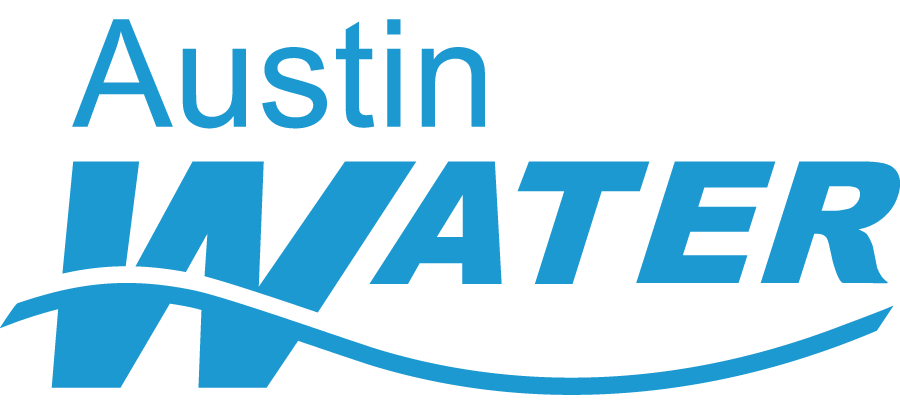
These newly approved system improvements will strengthen water and wastewater infrastructure for improved resiliency and reliability.
(AUSTIN) – Today, Austin City Council authorized two engineering services contracts for the Southwest Parkway Transmission Main & Elevated Reservoir project and the South I-35 Elevated Reservoir project. These new water storage projects, which are part of Austin Water’s Strategic Long-Range Water System Plan, have been advanced in line with recommendations made by the University of Texas Center for Water and the Environment to develop additional pathways for water distribution to reach South, Southwest and Southeast Austin customers. Southwest Austin was hardest hit during Winter Storm Uri because of the distance from centralized sources of water supply. The new reservoirs will enable greater storage capacity in Austin Water’s service area during extreme weather events.
“The construction of these two major projects will further enhance our ability to deliver and maintain dependable water service to all areas of Austin,” said Shay Ralls Roalson, Director of Austin Water. “Together, these important system upgrades will also help reduce impacts to our operations during emergencies by strengthening and improving our infrastructure resiliency.”
About the projects:
- Southwest Parkway Transmission Main and Elevated Reservoir - This new water reservoir and associated transmission main will expand water storage redundancy and system resiliency for customers in the Southwest B Pressure Zone, which is currently served by a single elevated water reservoir. This system enhancement will allow Austin Water crews to conduct maintenance while minimizing impacts to customers.
- South I-35 Elevated Reservoir - This new reservoir will provide additional storage capacity and resiliency in areas of South and Southeast Austin and improve hydraulic efficiency at a nearby pump station.
Both projects are anticipated to be complete by 2030. For more information about Austin Water’s infrastructure improvement initiatives, visit AustinWater.org.

